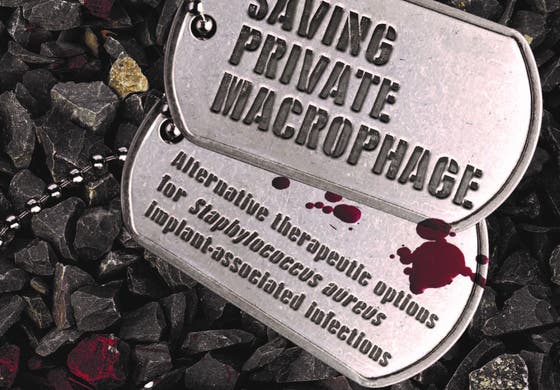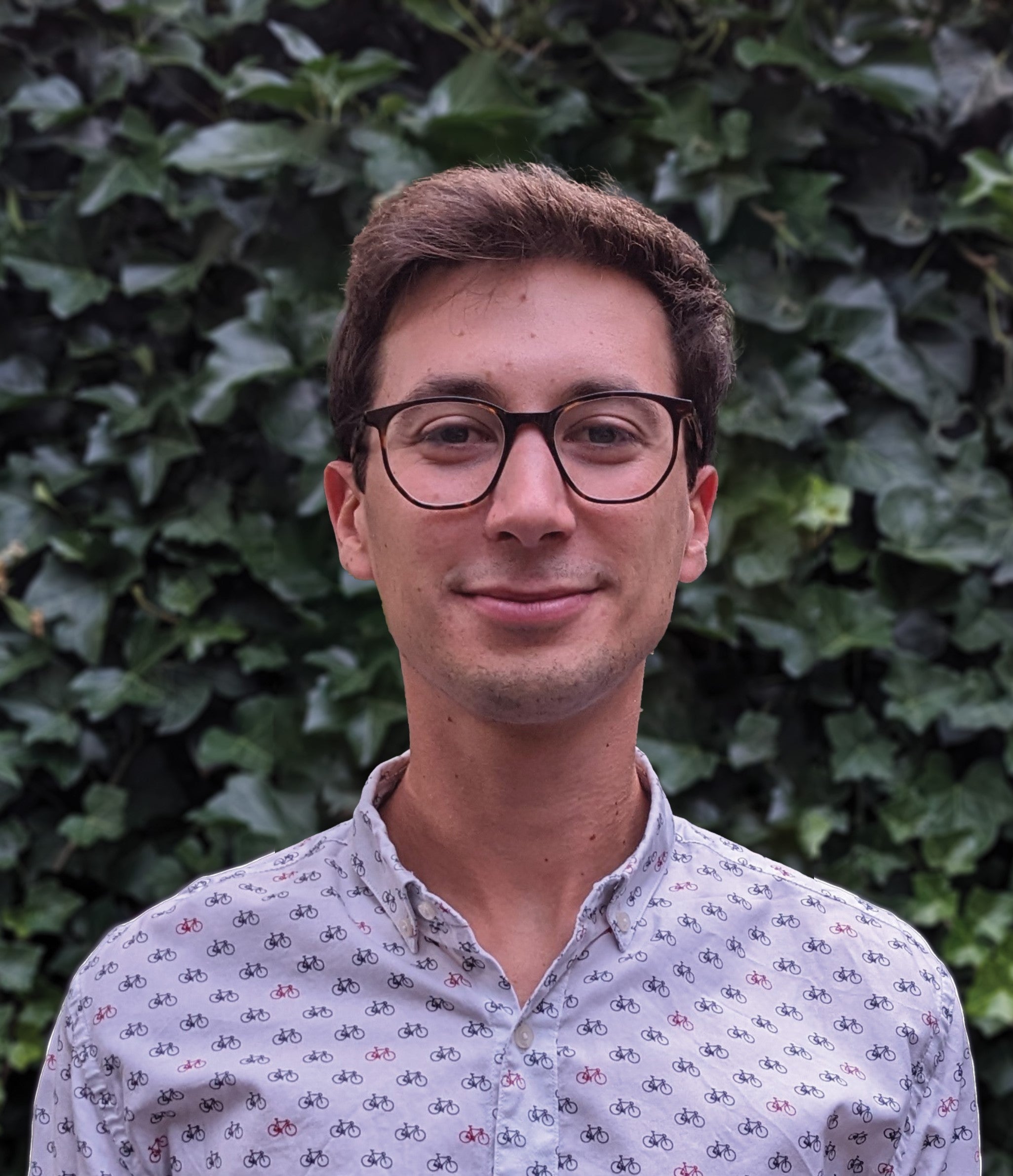Sep 18: One-for-all treatment insufficient to prevent implant-associated S. aureus infections

Individual strategies to support macrophages were not sufficient to prevent implant-associated infections due to Staphylococcus aureus. However, a combination of interventions as well as supporting other immune cells may be successful in this respect, concluded Leonardo Cecotto (UMC Utrecht) in his PhD thesis that he defended on September 11, 2023.
Breaking a bone is not a pleasant experience and this might get worse if an implant is needed to repair the fracture. In 1 to 5 percent of the cases, Staphylococcus aureus uses the implant to enter and colonize the human body. This pathogenic bacterium is extremely difficult to kill due to its resistance to common antibiotic treatments. Therefore, new therapeutic strategies are needed to prevent S. aureus from entering and surviving inside the human body. Nature has provided means to combat pathogenic bacteria even before antibiotic discovery: the human immune system is an excellent example.In the context of implant-associated infections, macrophages are a key immune cell type that coordinates the healing process while defending the organism from external threats. As this is already a lot of work, they need extra help to protect humans and animals from threats as dangerous as S. aureus. In his PhD work, Leonardo Cecotto (Department of Medical Microbiology and Department of Orthopedics, UMC Utrecht) and colleagues aimed to support macrophages in their fight against pathogens by increasing their antibacterial functions.
Unsuccessful
In his studies, Cecotto tried to stimulate macrophages with several compounds known for their antibacterial properties, such as silver ions and nanoparticles, host defense peptides, and even S. aureus-specific antibodies. Unfortunately, none of these strategies alone succeeded in helping macrophages to eliminate all bacteria.
Combination treatments
Leonardo Cecotto concluded: “We showed that a one-for-all approach is not sufficient to eradicate S. aureus infections. The single compounds studied in my thesis were not sufficient by themselves to kill bacteria or enhance macrophages antibacterial functions. However, a combination of multiple molecules might help preventing infection while promoting the bone healing process. Likewise, although playing a crucial role, macrophages alone are unable to fully resolve intricate clinical scenarios like implant-associated infections. S. aureus can negatively affect multiple cell types and tissues surrounding the implant. To effectively overcome this challenge, therapeutic compounds must offer comprehensive protection to all the elements involved in the process.”

PhD defense
Leonardo Cecotto (1993, San Dona’ di Piave, Italy) defended his PhD thesis on September 11, 2023 at Utrecht University. The title of his thesis was “Saving Private Macrophage – Alternative therapeutic options for Staphylococcus aureus implant-associated infections.” Supervisors were prof. dr. Jos van Strijp (Department of Medical Microbiology, UMC Utrecht) and prof. dr. Harrie Weinans (Department of Orthopedics, UMC Utrecht).
